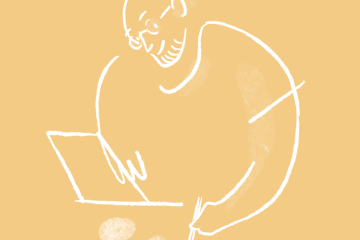How to formulate the research question of your scientific paper
Firstly, the question is not how to find any, old sources for research papers but to find quality ones which can serve to answer the issue your paper addresses.
If you’re using an online search engine, randomly typing in keywords or questions will yield a vast amount of information that will in most likelihood not relate to your research topic.
There’s certainly nothing wrong with starting your research on the internet; in fact, it’s a good idea. Yet it is critical to make certain that your search terms are specific enough to render the exact information you seek.
Start by making a list of the keywords that are relevant to your research. This may include the names of scientists who have dealt with your subject as well as every term directly linked to the topic you are researching. Plus, keep in mind that the more specific you are, the better.
Then define what medium you are looking for (books or articles, dissertations or other theses, research reports, etc.). How recent should they be? Select a time frame. Also, decide if you want to include texts in foreign languages as well? – If so, translate the keywords on your list.





